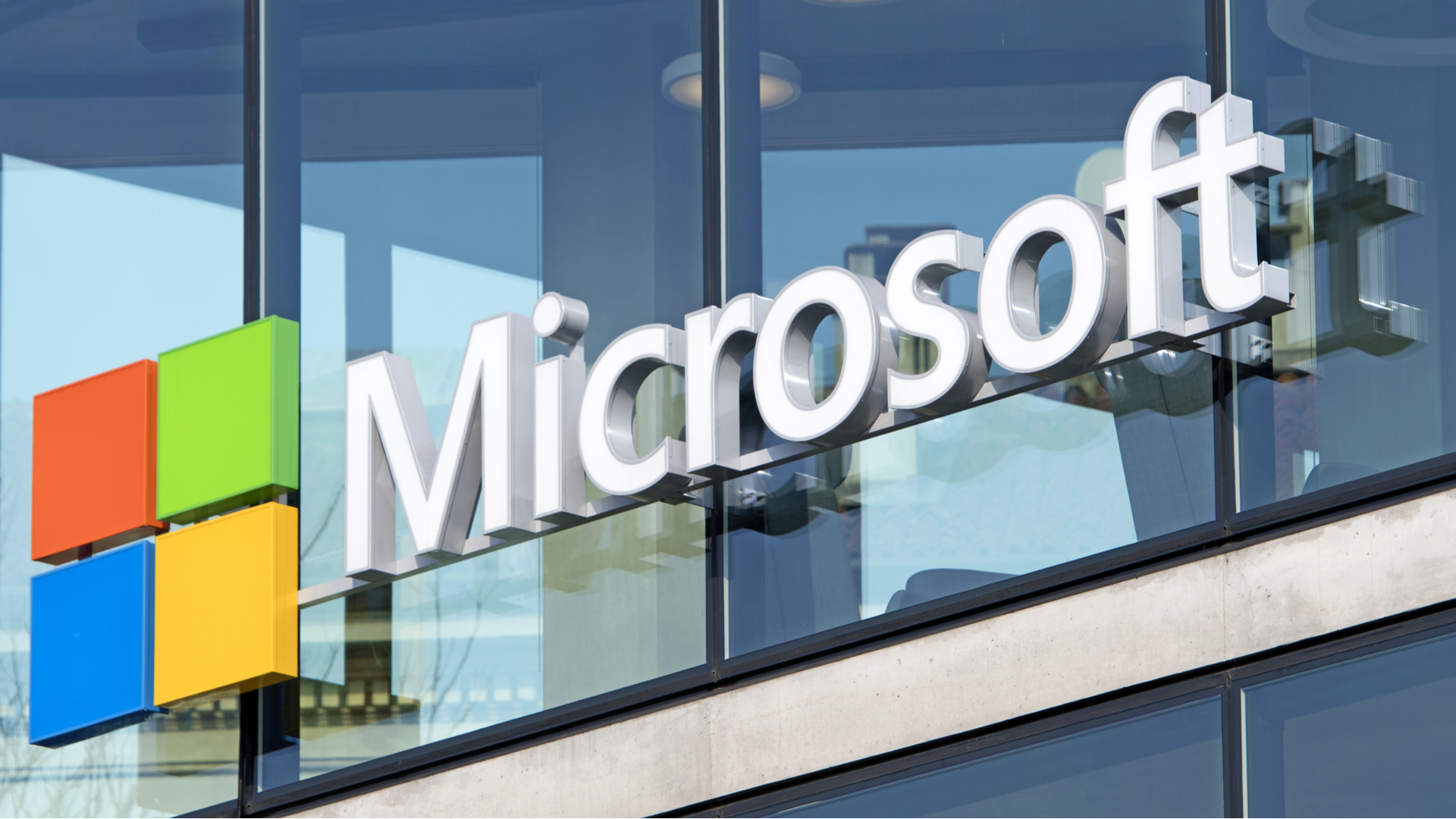Microsoft under the antitrust microscope again as OpenAI partnership gets scrutiny

Microsoft is once again present at the Competition and Markets Authority (CMA) radar as the tech giant seeks a potential partnership with OpenAI.
The tech giant has faced a number of competitive antitrust challenges in recent months regarding its UK cloud market dominance and its Microsoft Teams collaboration tool.
The CMA released an invitation to comment (ITC) on December 8 and is seeking comment on the proposed partnership and its potential impact on AI in the UK markets.
Competition leads to innovation
The CMA is responsible for ensuring that Britain's industrial markets remain competitive to ensure innovations, adequate regulation and sustainable growth. Given how quickly the AI market is growing, it's no surprise that such a major collaboration between one of the biggest names in technology and one of the biggest names in AI could be considered non-competitive.
This ITC is just the first phase in a possible investigation into whether Microsoft has “de facto control or more than 50% of the voting rights” of OpenAI as a result of this partnership or vice versa. Microsoft currently has a 49% ownership stake in OpenAI and has provided over $10 billion in funding.
In its ITC letter, the CMA stated that it is “considering whether it is or could be the case that the Microsoft/OpenAI partnership, or any change therein, has resulted in the creation of a relevant merger situation under the merger provisions of the Enterprise Act 2002 (the Act) and, if so, whether the occurrence of that situation is likely to result in a substantial reduction of competition in any market or markets in the United Kingdom for goods or services.”
The ITC will close on January 3, 2024, after which the CMA will decide whether to continue the investigation. If there is a need to continue the investigation, it must then be determined whether the relevant criteria are met to establish a merger situation. According to the CMA these are:
- First, two or more undertakings must cease to be distinct, or there must be arrangements in progress or in consultation which, if put into effect, will result in undertakings no longer being distinct. This means that there must be an acquisition of control or change. in the level of control that at least one company has over another company.
- Secondly, at least one of the 'turnover test' (the target's UK turnover is in excess of £70 million) or the 'share of supply test' (the companies which are no longer distinct, either goods or services from which supply or acquire whatever nature and a combined share of 25% or more of such acquisition or supply in the United Kingdom) as provided for in section 23 of the Act must be fulfilled.
- Thirdly, the merger must not have yet taken place or the date of the merger must not be more than four months before the day on which the referral is made, unless the merger has taken place without being made public and without the CMA being informed of it. has been informed. (in which case the four-month period starts from the earliest the merger was made public or the CMA was informed). This four-month period can be extended under certain circumstances.
